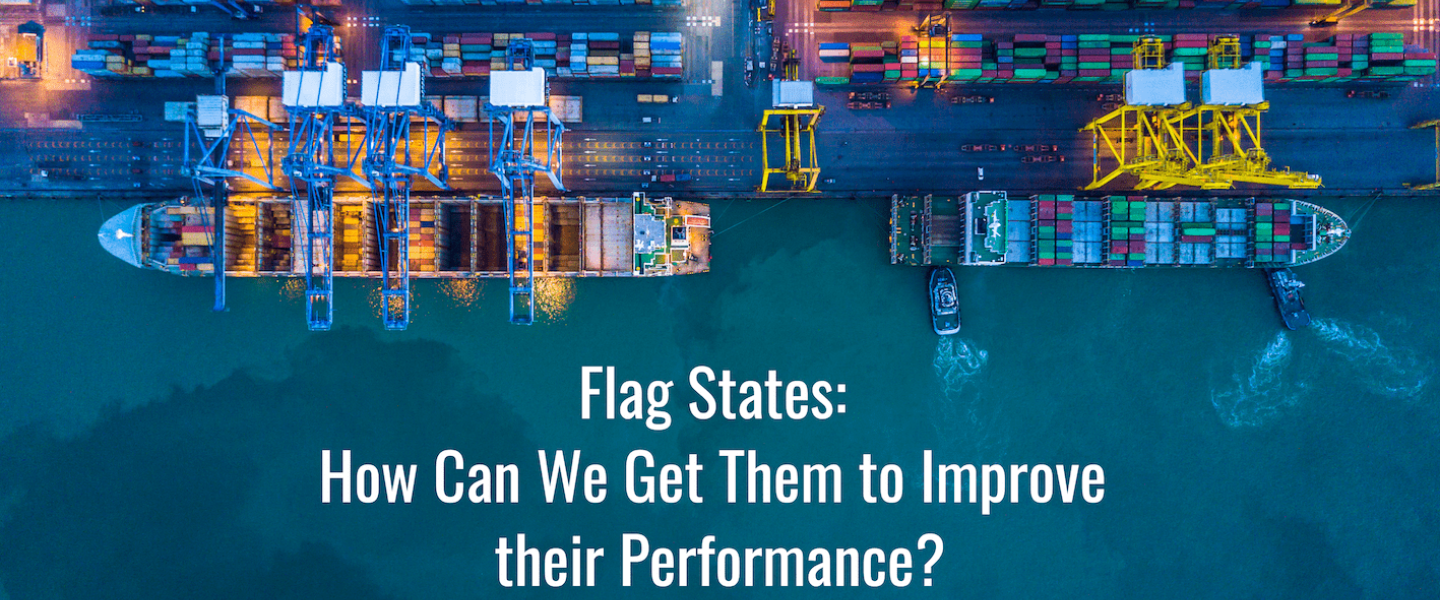OP-ED
4 June 2021
London. UK. Chris Whomersley was Deputy Legal Adviser in the UK Foreign and Commonwealth Office prior to his retirement in 2014. The following OP-ED reflects upon the 23 May 21 OP-ED by Captain Michael Lloyd who discussed the role of the UN Convention on the Law of the Sea 1982 (UNCLOS), flag States roles and responsibilities, and the actions of the International Maritime Organisation (IMO).
Michael Lloyd in his recent op-ed makes a number of powerful points about the failure of – or perhaps rather the practical impossibility for – many flag States to carry out their duties under the United Nations Convention on the Law of the Sea (UNCLOS) to ensure that vessels flying their flag comply with the various international conventions developed within the International Maritime Organisation (IMO), but also very importantly the Maritime Labour Convention of the International Labour Organisation (ILO). The ILO Convention sets out standards for the treatment of crew members in various fields, and aims “to ensure comprehensive worldwide protection of the rights of seafarers” according to the ILO. The coverage of these conventions is impressive; for example, as stated on the IMO website, its Conventions on Safety of Life At Sea and Load Lines both cover 99% of the world’s merchant fleet. And almost all major maritime nations – with the exception of the United States – are party to the ILO Convention.”
But how is the compliance by merchant vessels with these various international conventions ensured? In practice, in what can be seen as an unannounced instance of privatisation, this is done by the various classification societies, such as Lloyd’s Register, the American Bureau of Shipping or the Bureau Veritas. There are twelve major societies and their trade organisation claims that they classify over 90% of the world’s cargo carrying tonnage. The costs of surveys will fall upon shipowners, so why do they agree to do this?
The reason is that there is now an extensive system of multilateral arrangements whereby maritime administrations, on a regional basis, cooperate in carrying out surveys on vessels visiting their ports, and ultimately vessels not complying with the ILO Convention and the principal IMO Conventions can be barred from entering any of the ports in the region. This is obviously a powerful potential sanction against shipowners. There are currently nine such arrangements, the first to be entered into being the Paris Memorandum of Understanding (MoU) of 1982, which now covers most of Europe as well as Canada. The Secretariat of the Paris MoU publishes white, grey and black lists, which show the extent to which vessels flying particular flags have been found not to be in compliance with the international conventions. It may appear surprising, but many of the large open registers appear towards the top of the white list; so, Bahamas is third, Marshall Islands sixth, and Liberia thirteenth, and although Panama is thirty-sixth it is still above the United States in fortieth place. At the bottom of the black list, and designated as ‘high risk’, are Togo, Albania and Comoros.
These arrangements only cover merchant vessels. There are also IMO and ILO Conventions on the treatment of fishing vessels and their crews, but these are much less widely accepted. For example, the Cape Town Convention on Safety of Fishing Vessels is not yet even in force, despite having been adopted in 2012, and the Convention on Standards of Training, Certification and Watchkeeping for Fishing Vessel Personnel only has 33 State parties, whereas its equivalent for merchant vessels has 166. Likewise, there are a mere 18 State parties to the ILO Convention on Work in Fishing but 97 to its Maritime Labour Convention. The reason is presumably in part because, unlike merchant vessels, in practice fishing vessels are less likely to need to put into foreign ports and therefore the sanction of exclusion from such ports for failure to comply with international conventions would not be as effective. Nevertheless, it is important that IMO and ILO should be encouraged in their efforts to get flag States to accede to these conventions.
A recent phenomenon, now of course stalled by the COVID pandemic, has been that of the growth of cruise holidays. But how many tourists realise that, when they take a cruise on a vessel registered in a particular State, they are subject to the laws of that State? Thus, if there is a criminal offence committed on board the cruise ship it will in principle be for the flag State to investigate and prosecute if appropriate. Although there have been sporadic reports of problems, and there have been some uncoordinated efforts by individual jurisdictions to extend their laws to deal with them, for example in Florida, it is perhaps surprising that there has been so little publicity about this issue.
So, to summarise, whilst the port State control mechanism in place in relation to merchant vessels does at least do something to ensure compliance with the international conventions, there is not even that mechanism available in relation to fishing vessels, and in relation to cruise ships there are serious underlying issues which seem not yet to be generally understood.
ENDS.
NB: OP-ED. The opinions expressed are those of the author and do not necessarily reflect those of Human Rights at Sea.

Chris Whomersley was Deputy Legal Adviser in the UK Foreign and Commonwealth Office prior to his retirement in 2014. For the last ten years of his career there he was responsible for the law and policy on maritime matters, including the negotiation of the arrangements for the declaration by the United Kingdom of its Exclusive Economic Zone. His latest paper, entitled: “The Principle of Flag State Jurisdiction: Is it fit for Purpose in the Twenty-First Century?“, was recently published in the Asia-Pacific Journal of Ocean Law and Policy.
